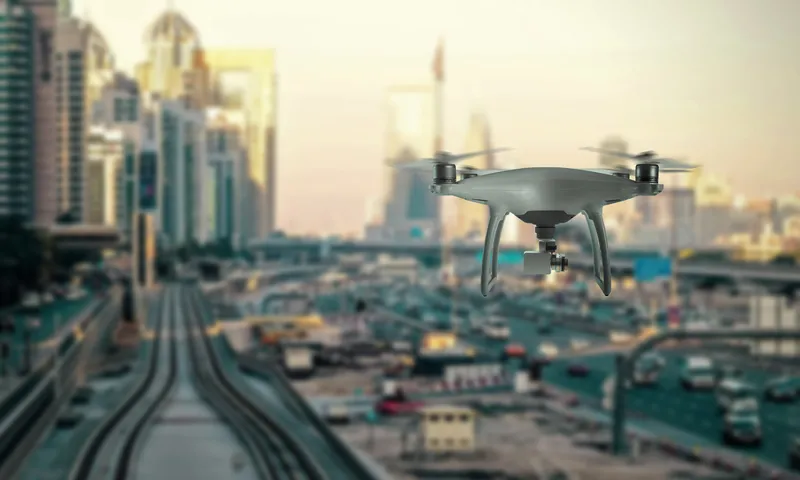
A smart city hub is being created in Ireland to test autonomous vehicle (AV) technology across 12km of public roads.
The Future Mobility Campus Ireland (FMCI) stems from a collaboration that includes Jaguar Land Rover, Cisco and Valeo.
The testbed is expected to provide the facilities to harness sensor data, simulate a variety of road environments and traffic scenarios and trial new technologies.
FMCI CEO Russell Vickers says: “The testbed provides an opportunity to test in the real world and help answer some of the questions posed by the future of mobility in a collaborative and efficient way.”
The real-world facility will be equipped with sensors throughout the site, along with high-accuracy location systems, a data management and control centre and prototype AVs.
It will also feature smart junctions, connected roads, autonomous parking and electric vehicle charging as well as links to a 450km stretch of connected highway and a managed air traffic corridor for unmanned aerial vehicles from Shannon airport along the Shannon Estuary in Ireland.
The FMCI will be located next to Jaguar's Shannon software hub.
Other partners involved in the project include technology companies Seagate, Renovo, Red Hat and Mergon.









